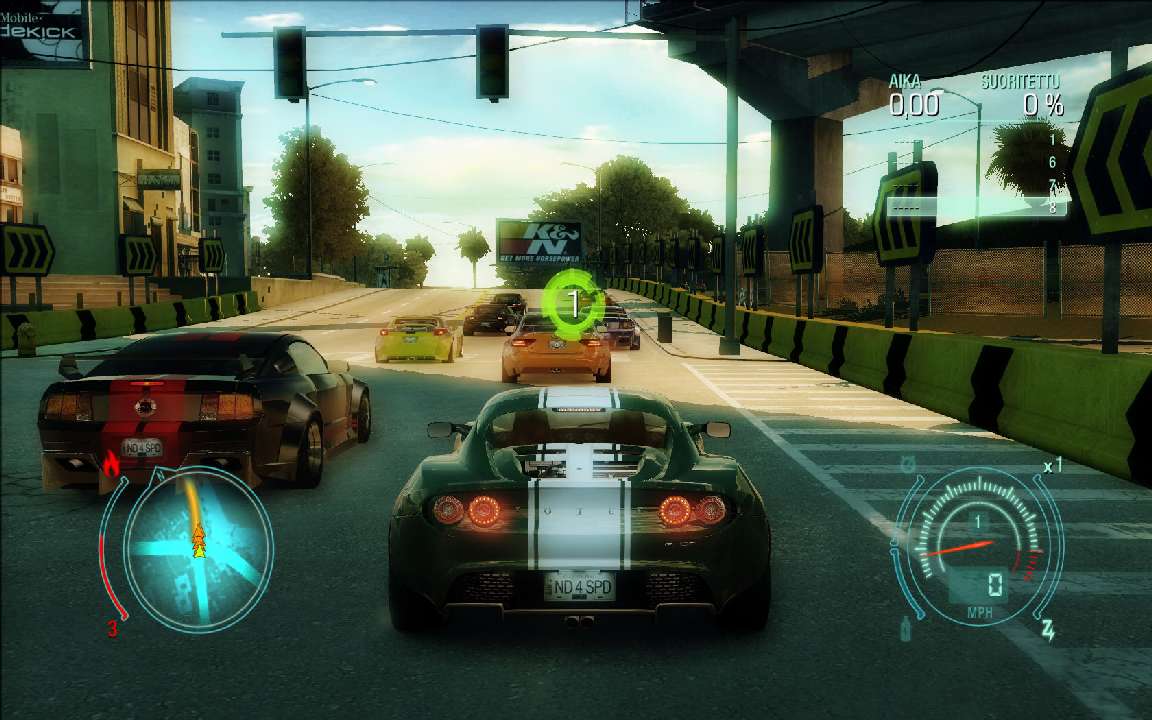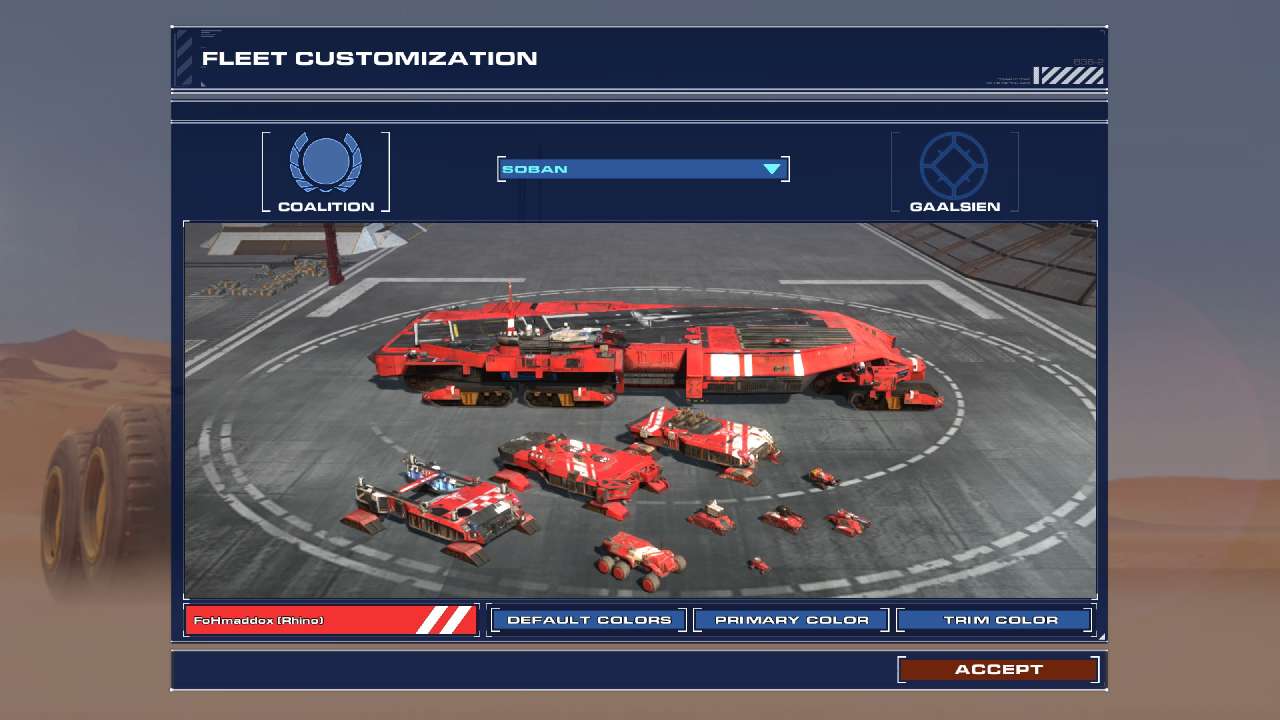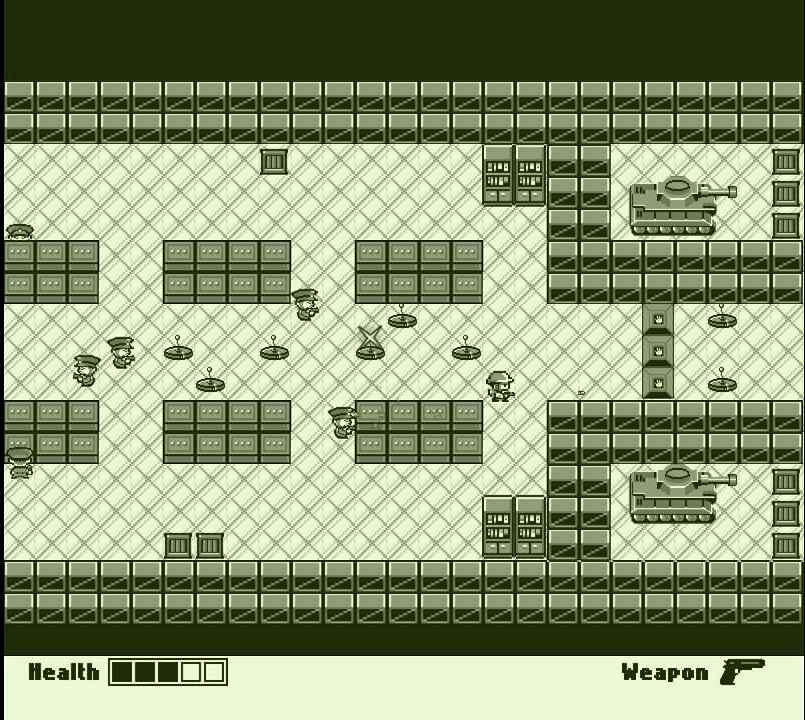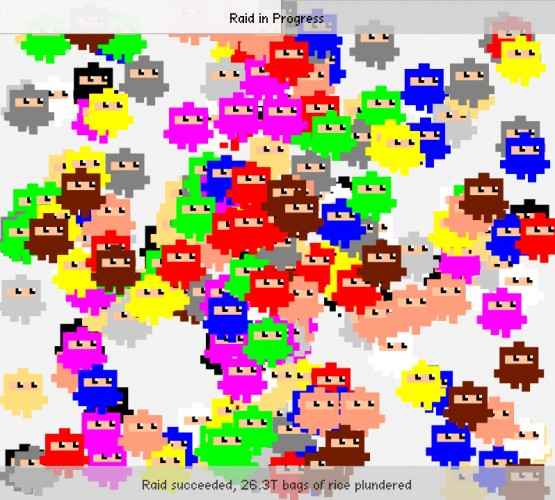Games
Video games are my life's work, at least in some respects. I arguably love technology and software development practices even more, but video games will always be my primary hobby. I play all kinds of video games, of just about every genre on just about every platform. I also enjoy the occasional board game or card game.
Some of my favourite games of all time include Final Fantasy VI, Super Mario 64, Resident Evil 4, and XCOM: Enemy Unknown.
I've spent over ten years of my career working to produce outstanding user interfaces for big budget video games. Samples of my work are showcased below.




I enjoy game jams as a way to make new connections and sharpen my programming skills. I've participated in both Ludum Dare and Global Game Jam. For a while I was part of a jam team called the Ghost Pixels and we produced a few Flash games. Our most ambitious title is Black Square which we released as a free game for the Ouya, an Android OS micro-console.
My most popular jam project to date is Many Ninjas, which I made as an entry for Ludum Dare 30. It was featured on some sites dedicated to incremental progress idle games (eg. Almost Idle.) and the page I originally hosted it on had over 10k hits.
Game Jam Projects
- Black Square (on Kongregate)
- Black Square (jam version)
- Many Ninjas
- Lair Raid 2
- Wireless Tower of Cat Pics


